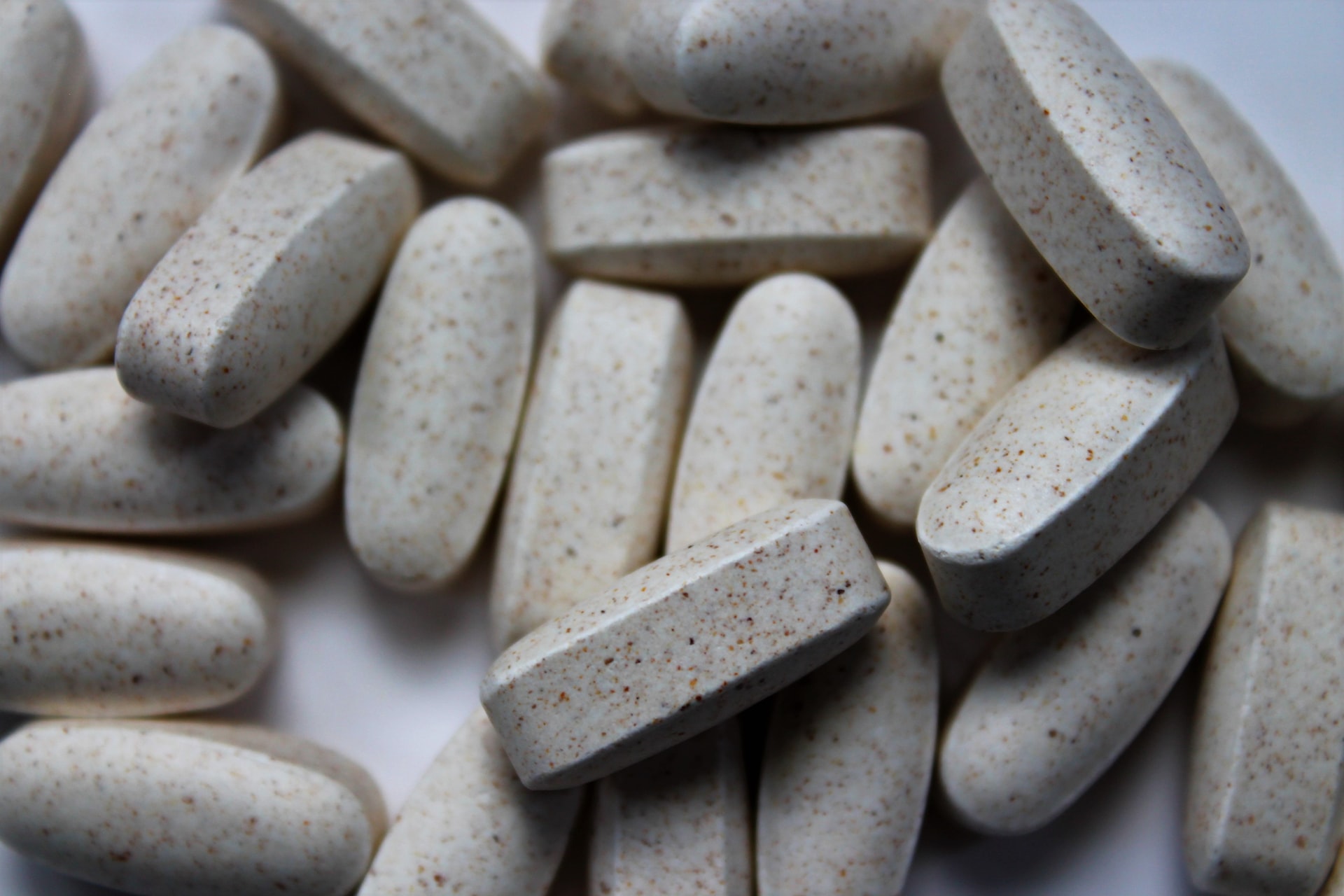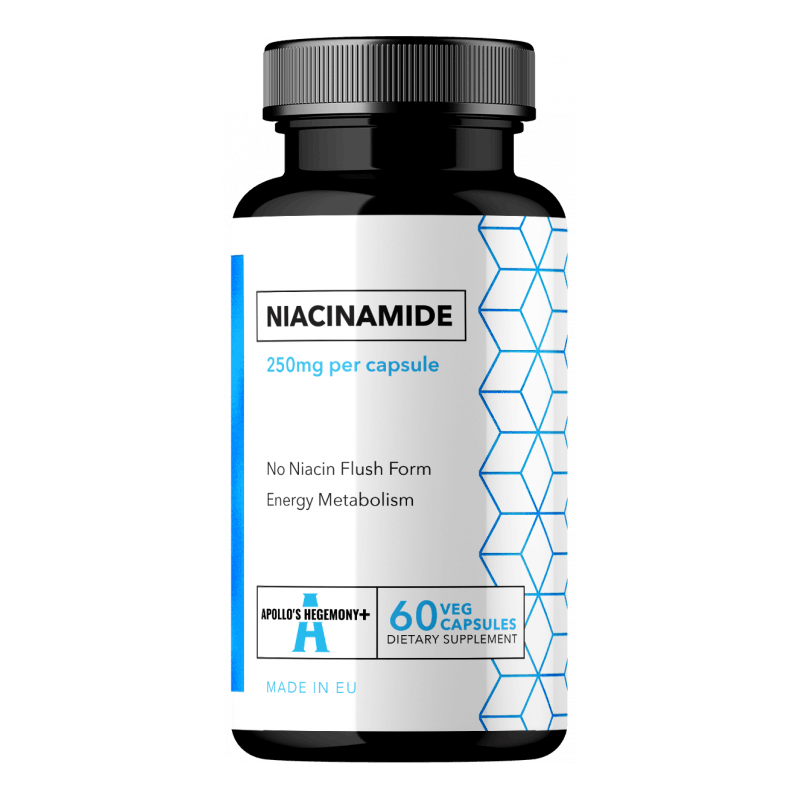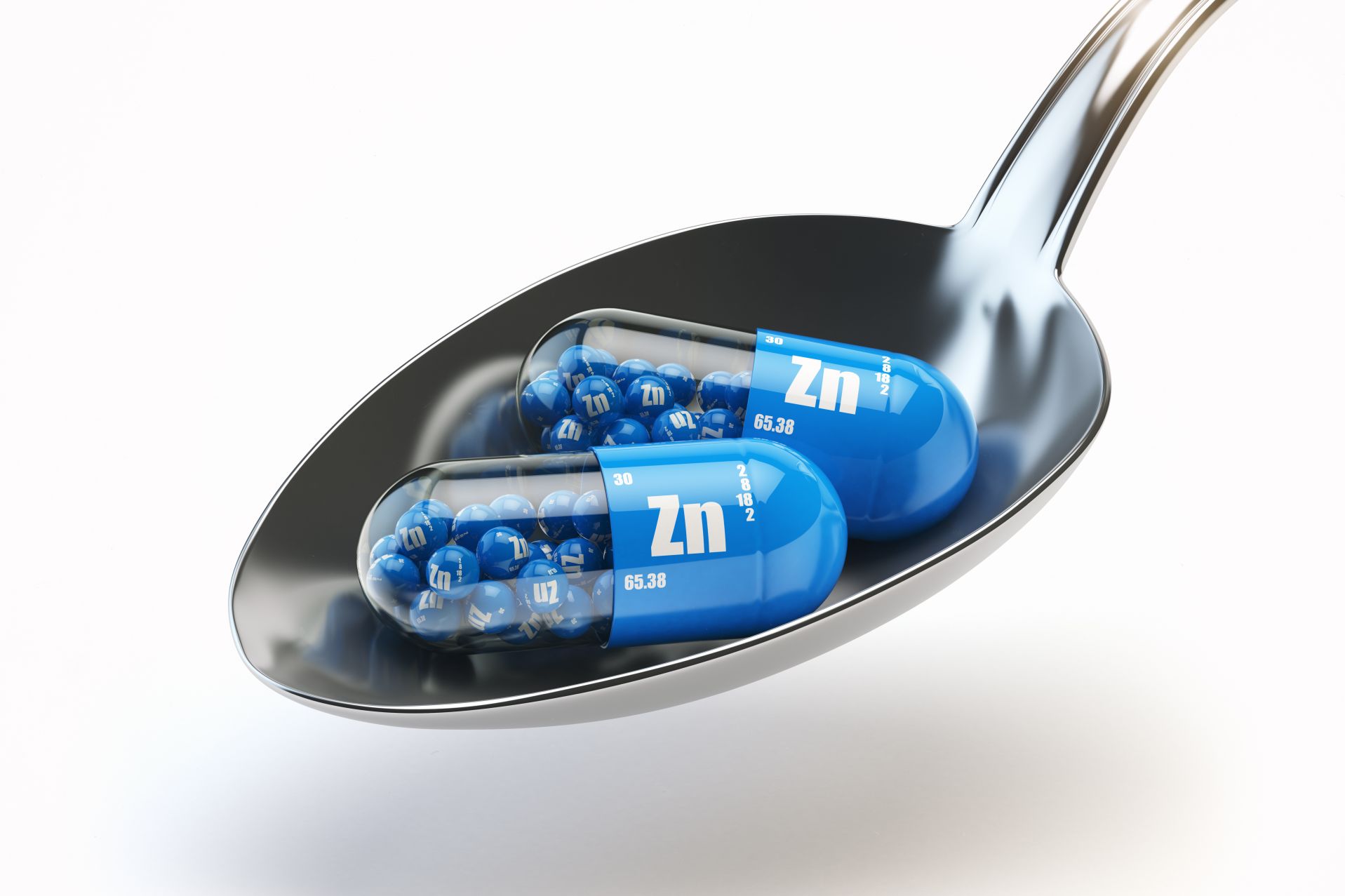heading_title

Niacinamide (nicotinamide) is a vitamin B3 that plays a very important role in our bodies. Although niacinamide's fame stems mainly from its use in cosmetology (e.g., niacinamide serums for acne), it is also used orally as a dietary supplement. Oral niacinamide is particularly beneficial for cholesterol and liver health, and is also a precursor to NAD+, the so-called youth molecule.
Wondering what niacinamide helps with and when to use it? This article will illuminate the topic for you.
- Niacinamide - characteristics
- Differences between niacinamide in cosmetics and supplements
- Niacinamide or nicotinic acid?
- What is worth using niacinamide for?
- In what products is niacinamide found?
Niacinamide - characteristics
Niacinamide (nicotinic acid amide) is one form of vitamin B3, which, unlike the rest of the B vitamins, is naturally produced in the body from the amino acid tryptophan. Niacinamide is also known as vitamin PP and niacin. This compound is water-soluble, resistant to UV radiation, oxidation and high temperatures, making it an excellent antioxidant. In the human body, it acts as a coenzyme involved in many different energy transfer processes in the cell.
The amounts of niacinamide produced by the body are negligible, so it should be supplemented in the daily diet and supplementation. It has a very wide range of uses, and thus effectively helps with many health ailments.
Authored by NEUROtiker - Own work, Public domain, https://commons.wikimedia.org/w/index.php?curid=2326251
Differences between niacinamide in cosmetics and supplements
This ingredient is often used in the field of cosmetology due to the fact that it has documented benefits for skin health. Niacinamide has great soothing and moisturizing properties, and works well with even very sensitive skin.
Cosmetics with niacinamide
Human skin accepts niacinamide very well even in large quantities. It is most often found in cosmetics for acne problems, for oily skin and in numerous anti-aging products. It is found in medicines in many forms such as cream, oil, tonic, gel and body lotion. Despite niacinamide's good relationship with the skin, it should be remembered that therapy should be started with medications with a low concentration of the compound. It is recommended to use the product a maximum of 2 - 3 times a week to observe the reaction of the skin to the drug taken.
When used epidermally, it has a topical effect and should not be followed by the effects that are characteristic of oral supplementation.
Supplements with niacinamide

Niacinamide capsules do not have a significant effect on acne, but work well on some aspects of metabolic health and liver health. It is sometimes used
In general, vitamin B3:
- contributes to the maintenance of normal psychological function,
- contributes to the maintenance of normal energy metabolism,
- contributes to maintaining normal functioning of the nervous system,
- contributes to reducing feelings of fatigue and tiredness.
One study administered 1,000 mg of niacinamide to patients with non-alcoholic fatty liver disease (NAFLD) and diabetes to see how it would affect their livers and overall health. After 12 weeks of use, it was reported that the treatment was well tolerated, and compared to the control group, patients saw a strong decrease in ALAT levels (26.6% versus 0.74%) and noted significant decreases in total cholesterol, LDL cholesterol and indices of insulin resistance levels. The questionnaires also showed an improvement in overall quality of life, with the most pronounced effects being a reduction in fatigue levels and increased activity.
In terms of anti-aging effects, niacinamide is noteworthy because in the body it converts to nicotinamide riboside (NR), then to nicotinamide mononucleotide (NMN) and finally to NAD+. NAD+ is referred to as the molecule of youth, which activates specific Sirt enzymes and slows down many of the processes that cause aging in the body. At the same time, niacinamide supplements are much more economical than supplementation with ready-made NR or NMN.
Niacinamide or nicotinic acid?
Nicotinic acid is highly effective in lowering cholesterol, among other things. For this purpose, it is used in large quantities, and one unpleasant side effect follows - the flush effect. The flush effect is a brief but intense redness and burning of the skin. In principle, it is not dangerous to health, but it can sometimes be unpleasant and very disturbing for people who first encounter it.
Niacinamide does not cause a flush effect. Therefore, it can be used in doses much higher than nicotinic acid and reap its full benefits without any discomfort.
The disadvantage of nicotinic acid, which does not include niacinamide, is also that it can worsen insulin sensitivity when used for a long time in large doses. Niacinamide, on the contrary, is sometimes used to improve this sensitivity.
In Polish regulations, the permissible amount of nicotinic acid in a supplement is 16 mg, while nicotinamide is as high as 830 mg, as it is much better tolerated.
What is worth using niacinamide for?
Popular cosmetic products on the market have a concentration of 2 to 5% niacinamide in their composition, and used regularly can bring many benefits. What properties does the described vitamin B3 derivative have and when is it worth reaching for it?
- Niacinamide has excellent anti-acne properties - thanks to its three areas of action it effectively inhibits the formation of acne. Its action is manifested by modulating the action of inflammatory cytokines which inhibits the growth of Propionibacterium acnes bacteria. It is also an effective suppressor of sebum production.
- Prevents the process of hyperpigmentation of the skin - it is a great way to reduce hyperpigmentation, making the skin effectively lighter. All due to the slowing down of the transport of melanin from melanocytes to the epidermal cells, which, as a result, means the cessation of pigment deposition in keratinocytes.
- It improves blood circulation throughout the skin in the body - it has an active role in enlarging blood vessels, making all necessary processes in the skin more efficient.
- It serves as a protection against harmful UV radiation - it is great at restoring the damage caused to the skin after aesthetic medicine procedures and overexposure to the sun. It also has a good regenerative effect, important for sensitive skin.
- Reduces redness and skin irritation - nicotinic acid amide effectively brightens and rebuilds the complexion. It is excellent for all kinds of skin injuries caused by hormonal changes, trauma, skin aging.
In what products is niacinamide found?
Vitamin B3 is most often found in fish, meat, dairy, vegetables and whole grain products.
If you care specifically about the properties of niacinamide, rather than vitamin B3 in any form, then you should reach for a supplement or a cosmetic, depending on your needs.
Sources:
- El-Kady RR, Ali AK, El Wakeel LM, Sabri NA, Shawki MA. Nicotinamide supplementation in diabetic nonalcoholic fatty liver disease patients: a randomized controlled trial. Ther Adv Chronic Dis. 2022 Feb 23;13:20406223221077958. doi: 10.1177/20406223221077958. PMID: 35222903; PMCID: PMC8874180.
 ⮜ Previous article
⮜ Previous article
Zinc L-Carnosine - a unique form of zinc for the gut and stomach
 Next article ⮞
Next article ⮞
